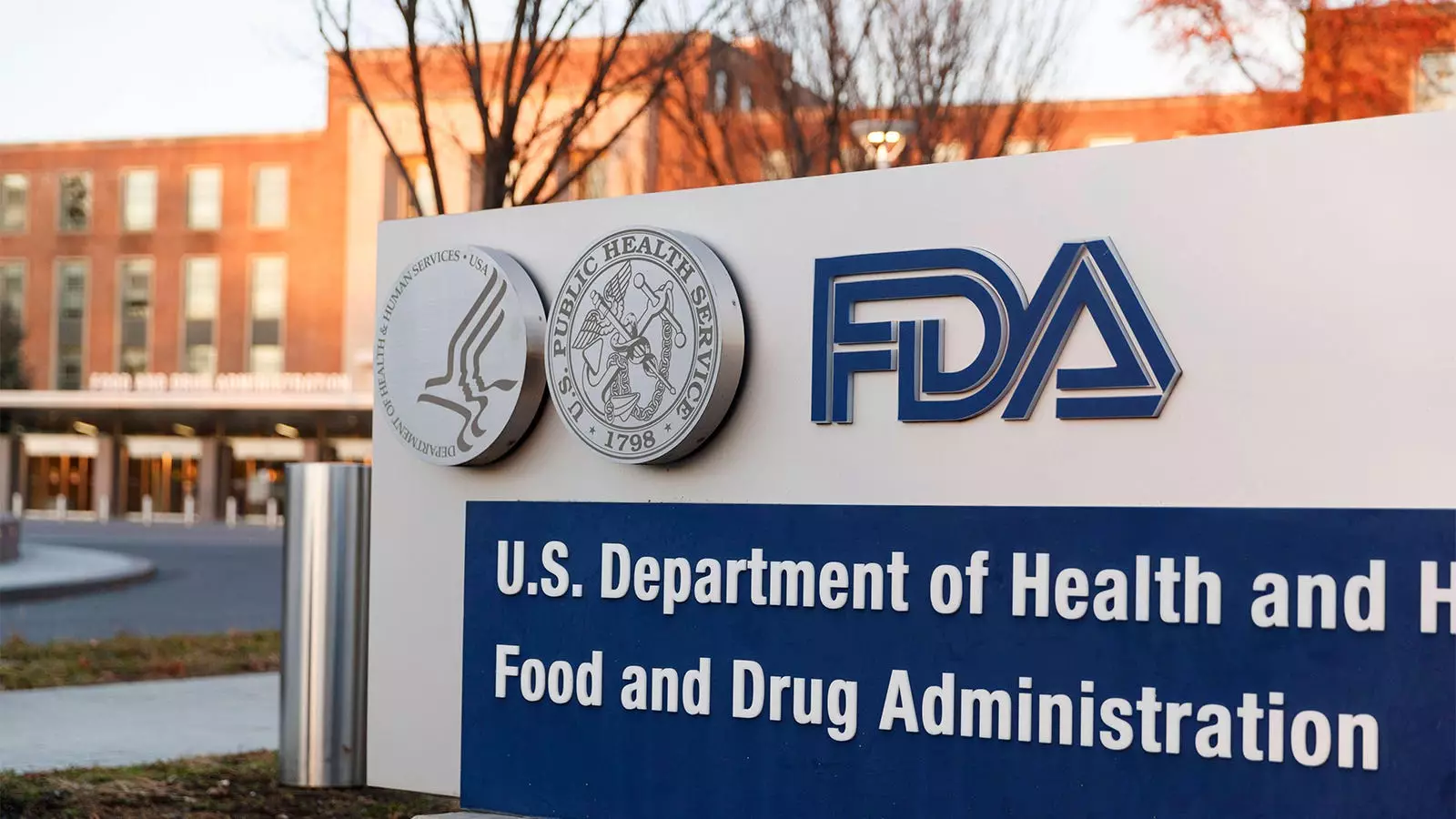The Food and Drug Administration (FDA) plays a pivotal role in safeguarding public health by evaluating and approving medications for various conditions. However, recent scrutiny from the Department of Health and Human Services’ Office of Inspector General (OIG) reveals significant flaws in the FDA’s accelerated approval pathway—an expedited process meant for drugs treating severe and life-threatening illnesses. The OIG’s findings raise pressing questions about the integrity of the approval process and urge for vital reforms to enhance the regulatory framework surrounding these swift decisions.
The OIG report highlights critical issues that surfaced following the controversial approval of Aduhelm, a drug for Alzheimer’s disease. This case, among others, illuminated deep-seated concerns regarding the FDA’s judgment and adherence to its protocols. The agency’s actions, particularly in the approval of Aduhelm and the handling of related documents, have sparked a congressional investigation reflecting a widespread belief that the FDA has deviated from maintaining rigorous standards. The OIG has thus recommended defining the parameters for when its internal advisory council should weigh in on certain drug applications and ensuring comprehensive documentation of discussions with pharmaceutical companies.
Analysing Specific Case Studies
A thorough examination by the OIG of 24 accelerated drug approvals revealed shocking discrepancies in the FDA’s assessment processes. Notably, three cases—Aduhelm, hydroxyprogesterone caproate (HPC), and eteplirsen—stood out as problematic. These drugs not only received accelerated approvals but also sparked extensive concerns from medical professionals and regulatory bodies.
Aduhelm, for instance, was scrutinized not just for its efficacy, but also for the ethical implications of approving a drug that came under fire for a lack of strong clinical data. Meanwhile, hydroxyprogesterone caproate faced similar challenges, ultimately leading to its withdrawal from the market years after its approval. Eteplirsen, approved in 2016, has yet to substantiate its claimed benefits nearly a decade later, reinforcing doubts about the FDA’s current evidentiary standards in the accelerated approval process.
The financial implications of continued reliance on weak evidentiary standards are staggering. Estimates indicate that from 2016 to 2022, an exorbitant $3 billion was expended on eteplirsen and similar treatments, with costs exceeding $1 million per year for some patients. This raises an ethical dilemma not only concerning patient welfare but also about the accountability of the FDA in ensuring that patients are not subjected to exorbitant costs without proven clinical benefits.
In light of the OIG’s findings, it is crucial that the FDA reevaluates its accelerated approval procedures. One recommendation from the OIG that the FDA has embraced is the commitment to document all meetings with drug manufacturers to enhance transparency. However, the agency has resisted the suggestion that its accelerated approval council should formally advise on specific applications, arguing that such a requirement could bog down the approval process.
Yet, this claim raises further questions about priorities within the FDA. If public trust and patient safety are compromised by a disregard for formal checks and balances, the efficiency argument becomes secondary. Establishing defined criteria for council involvement may indeed slow the process momentarily, but the potential long-term benefits—validating the efficacy of treatments and safeguarding public health—are undoubtedly worth the investment of time.
The FDA’s accelerated approval pathway must be recalibrated to better serve its intended purpose without jeopardizing patient safety and public trust. The findings from the OIG report serve as a clarion call for systematic changes to the approval process, emphasizing the necessity for thorough documentation, rigorous oversight from advisory panels, and stringent adherence to scientific standards. As discussions around drug approval policies continue, it is imperative to place patient welfare at the forefront, ensuring that the drugs reaching the market are both effective and justifiable in their costs. This pathway, although initially designed for expedience, must evolve into a robust framework that maintains integrity while fulfilling its vital mission.



Leave a Reply